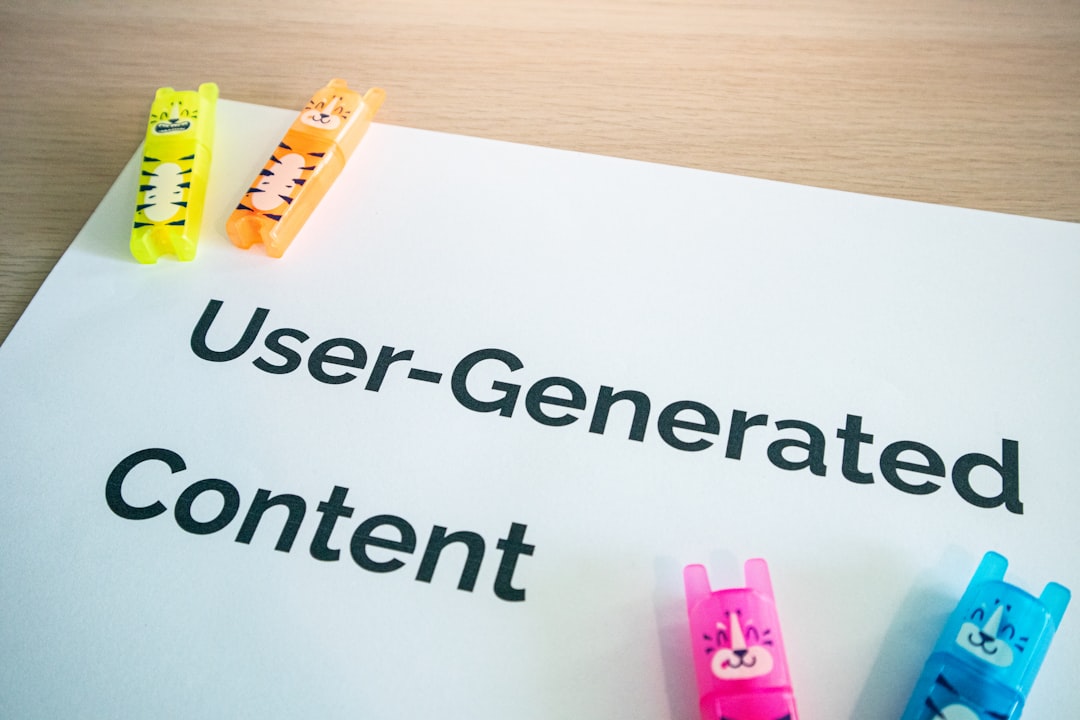Embracing AI Influencers: A New Era of Authentic Engagement in Marketing
As brands navigate the ever-evolving landscape of digital marketing, the emergence of AI influencers is reshaping how businesses connect with consumers. Major brands are gravitating towards digital personalities like Lil Miquela and Imma. This trend taps into a desire for authenticity among younger audiences. Accordingly, in this post, we’ll explore the significance of AI influencers and how they can transform engagement strategies for brands.
Why It Matters
- The rise of AI influencers signifies a shift toward embracing digital engagement in marketing.
- These digital personas resonate particularly well with younger demographics, enhancing relatability.
- AI influencers allow brands to craft unique narratives while appearing genuine and engaging.
Leveraging AI Influencers for Brand Strategy
Brands must recognize that utilizing AI influencers can lead to a more authentic connection with their audience. By creating characters that embody brand values, businesses can drive deeper conversations around their products. However, companies should proceed with caution. It is key to maintain transparency about AI influencer identities to avoid consumer distrust. Another critical factor is ensuring that AI personalities align with the brand’s mission and target audience effectively.
Challenges to Consider
While AI influencers present innovative opportunities, brands should also think about potential backlash. Consumers may be skeptical about the authenticity of interactions. To address this, brands need to develop thorough strategies that promote genuine engagement, ensuring the audience feels valued.
What’s Next?
The future of influencer marketing is clearly headed toward more digital interactions. Especially with the continual rise of AI personalities. Companies can stay ahead of the curve by integrating AI influencers into their campaigns today. Experimenting with various formats, from social media posts to virtual events, will be vital in maximizing engagement and staying relevant.
As the landscape continues to evolve, brands that embrace AI influencers thoughtfully will likely enhance their connection to younger consumers. Moreover, navigating the complexities of authentic engagement will prove essential.
Discover Our Latest Insights


AI Influencers: The Future of Digital Marketing

The Rise of Virtual Influencers: A New Era in Social Media Marketing
Ready to reach new heights?
For every 1$ you spend on influencer marketing, your brand earns $5.20 in ROI.
Kickstart your influencer marketing-led social-first advertising strategy.
